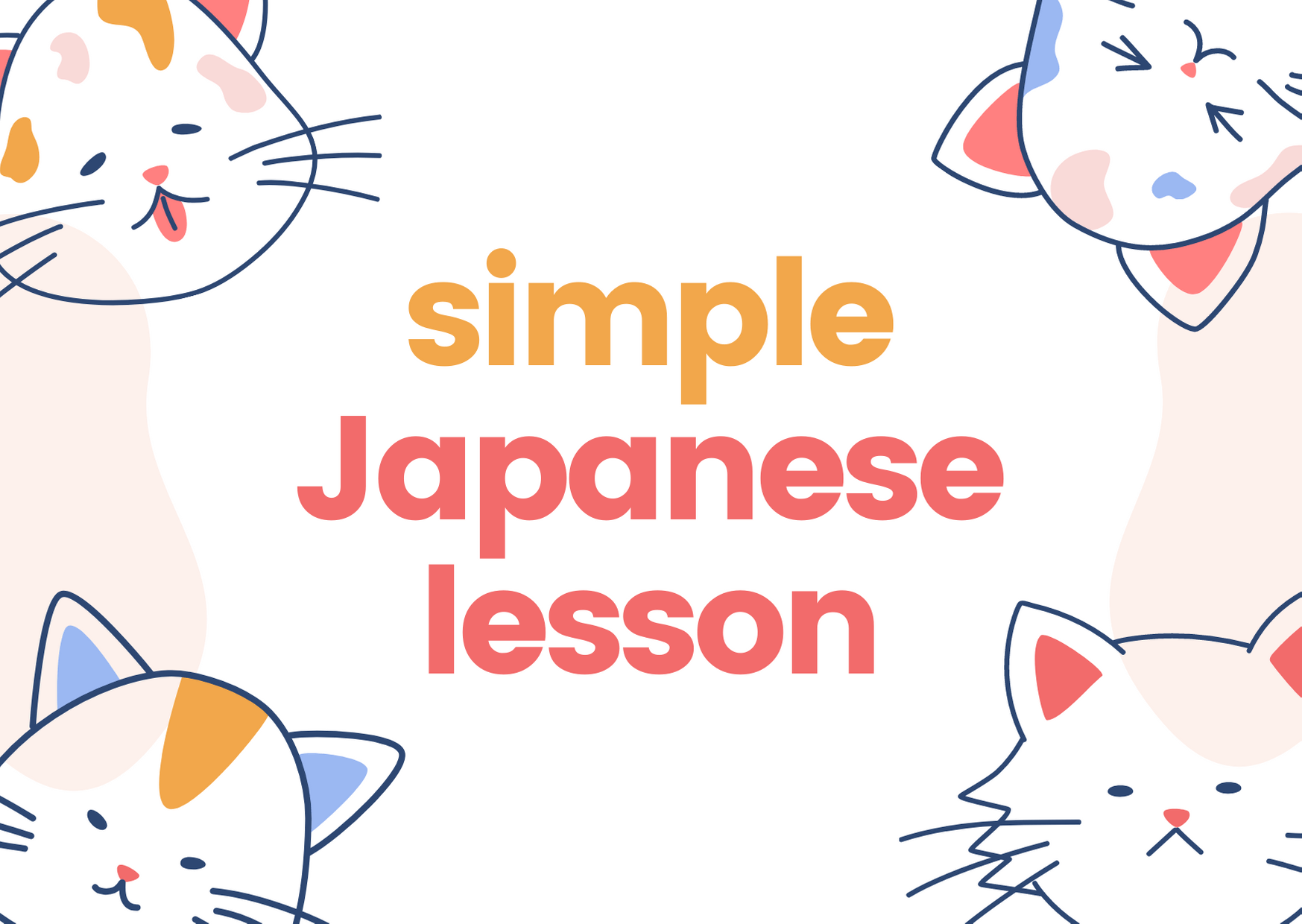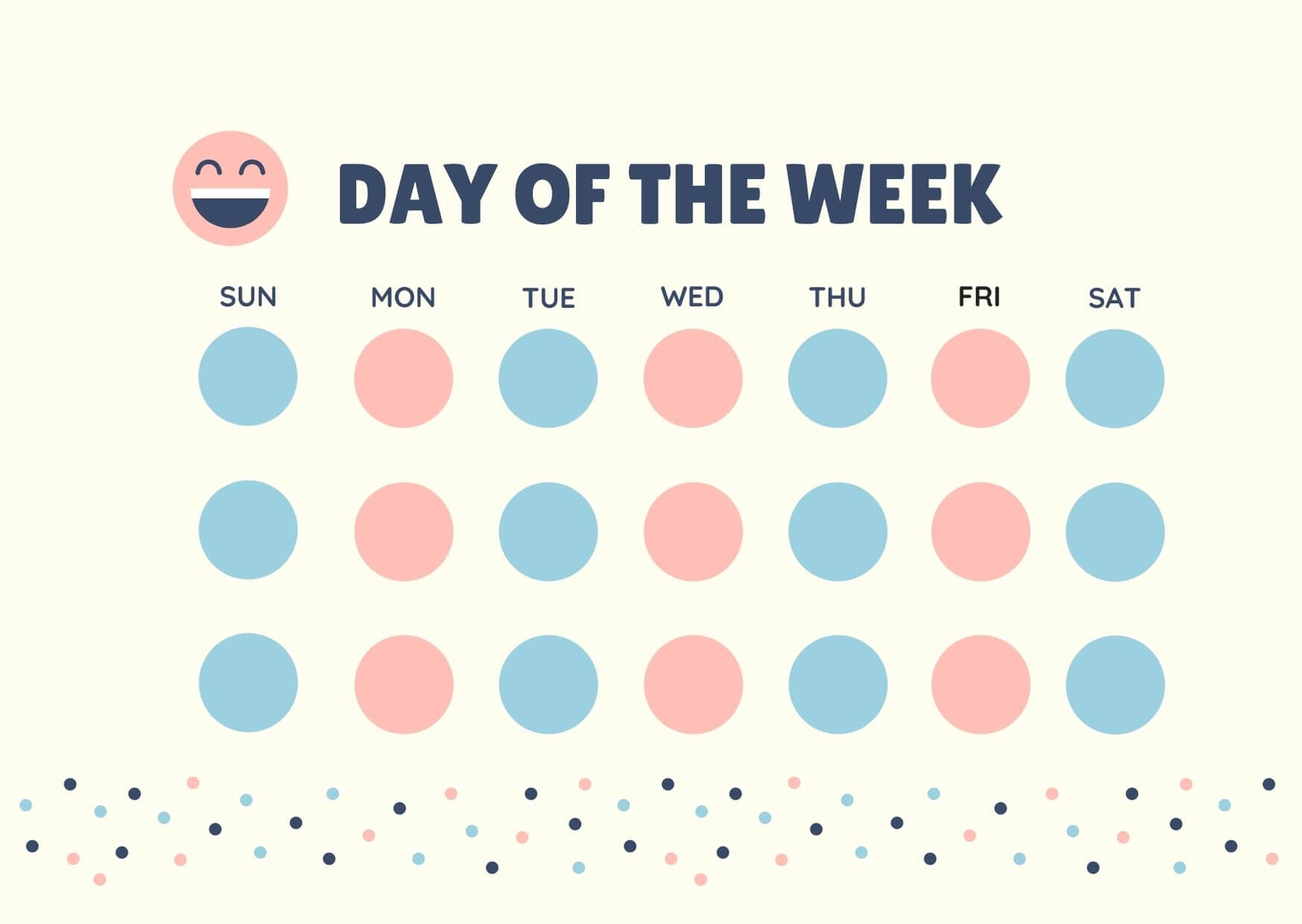Both 拭く(ふく) and 拭う(ぬぐう) means to wipe something, however there is a nuance.
Cases both of them work
- 汗を拭く
- 汗を拭う
to wipe sweat
- 涙を拭く
- 涙を拭う
to wipe tears
- 汚れを拭く
- 汚れを拭う
to wipe filth
In case of both 拭く(ふく) and 拭う(ぬぐう)work, 拭く(ふく) sounds better, like you are a well educated person. On the other hand, 拭う(ぬぐう) sounds you are wild or uneducated. Because 拭う(ぬぐう) also implies you are wiping something (filth, liquid, etc.) with something you are not supposed to wipe. I will give you how the sentences sound like with the same example sentences above..
- 汗を拭く = to wipe sweat with towels.
- 汗を拭う = to wipe sweat with your sleeves.
to wipe sweat
- 涙を拭く = to wipe your tears with towels, tissue or hands.
- 涙を拭う = to wipe your tears with sleeves.
to wipe tears
- 汚れを拭く = to wipe the filth with towels or tissues.
- 汚れを拭う = to wipe the filth with your sleeves.
to wipe filth
拭く(ふく)
If you are new to Japanese, I will recommend you to start with 拭く(ふく) which is a basic way to say ‘to wipe’.
The cases only work with 拭く(ふく)
拭く(ふく) means also ‘To wipe in order to clean the whole part of objects’.
- 窓を拭く
to wipe a window
- 食器を拭く
to wipe dishes (plates)
- 机を拭く
to wipe a table
拭う(ぬぐう)
To wipe out a partial filth or liquid of objects.
Only work with 拭う(ぬぐう)- Figurative use –
It is used to clean negative images.
- 劣等感を拭い去る
to wipe out an inferiority complex
- 疑念が拭いきれない
I cannot clear away a doubt.


